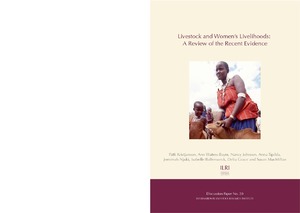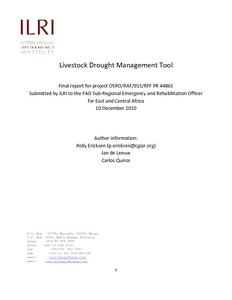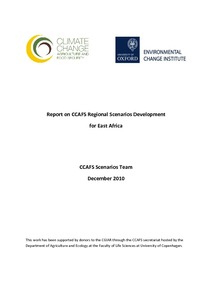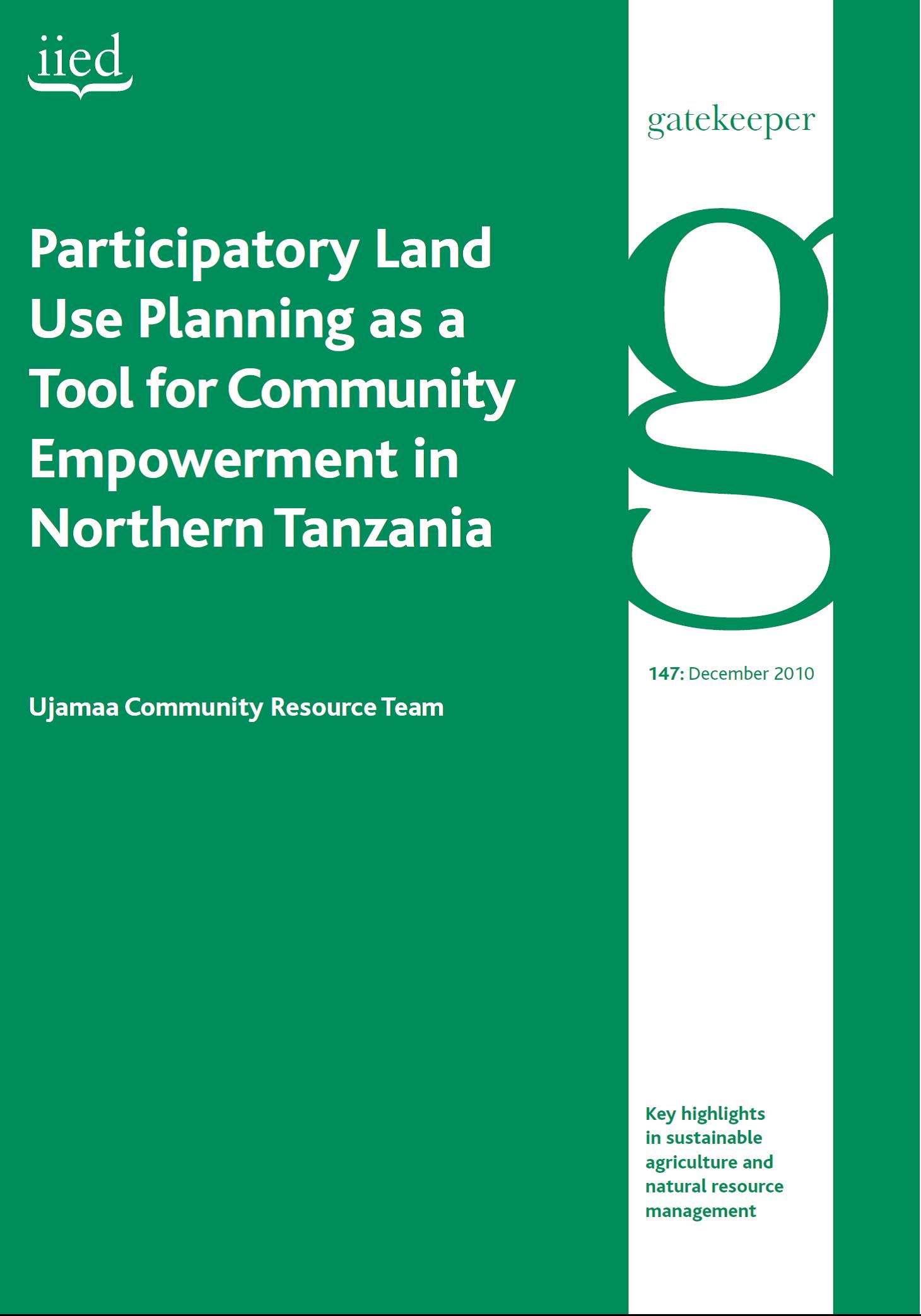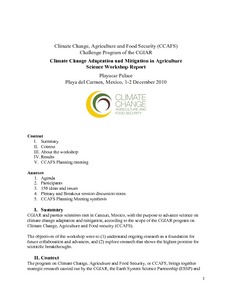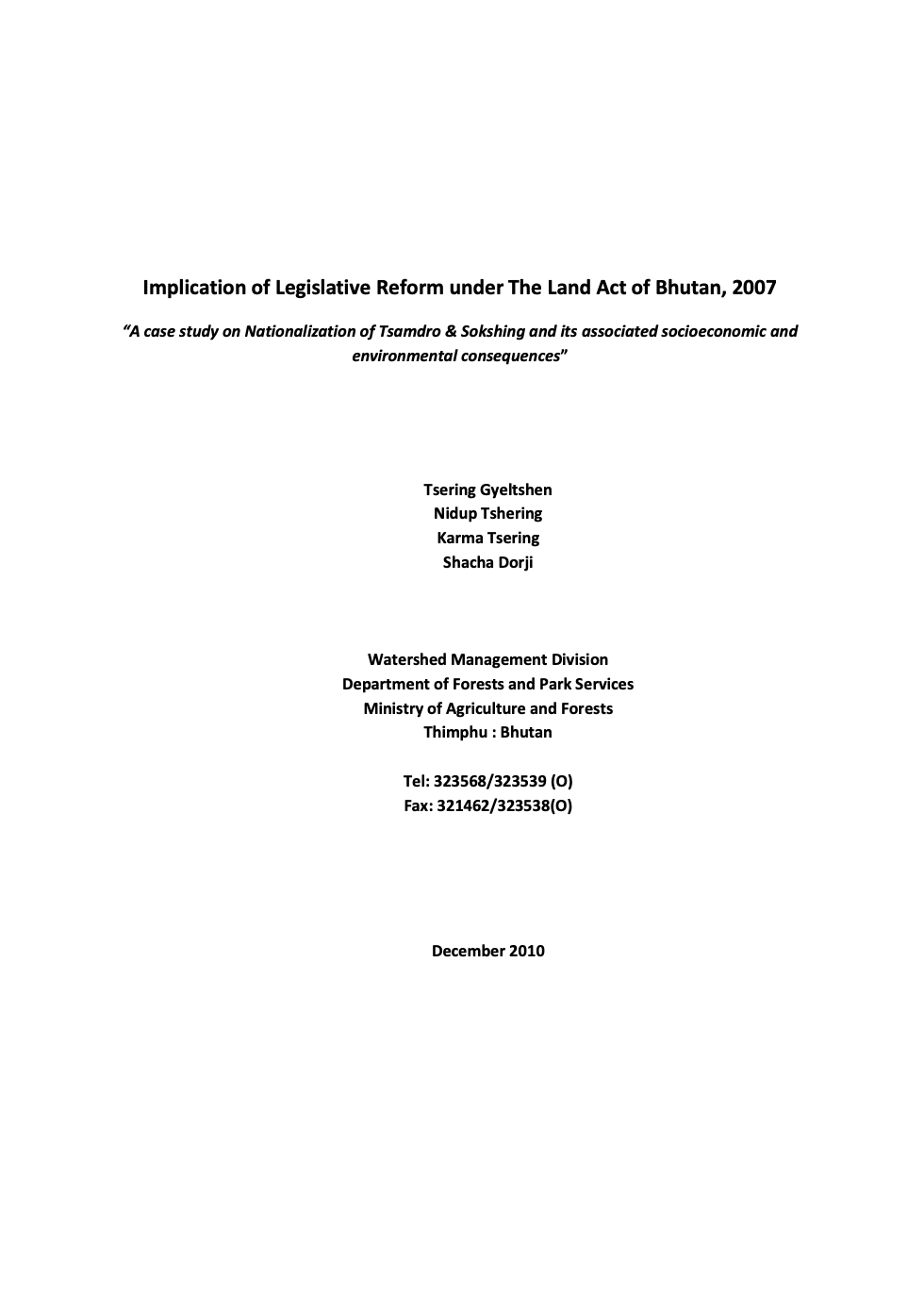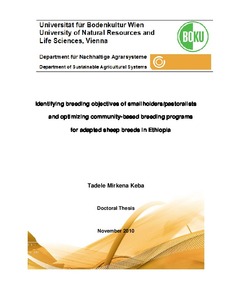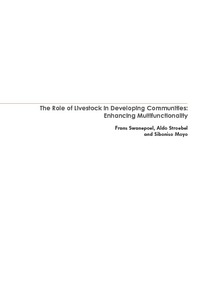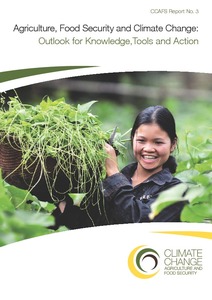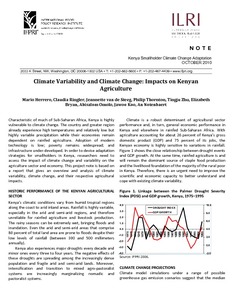Livestock and Women's Livelihoods: A Review of the Recent Evidence
This paper synthesises evidence of the contributions that livestock make to the livelihoods of poor women in sub-Saharan Africa and South Asia and identifies factors that enhance or constrain livestock-related opportunities for women. We apply a gender lens to three livestock-related pathways out of poverty—securing, building and safeguarding livestock assets; increasing and

